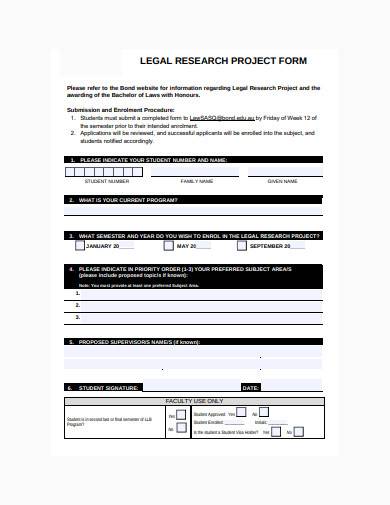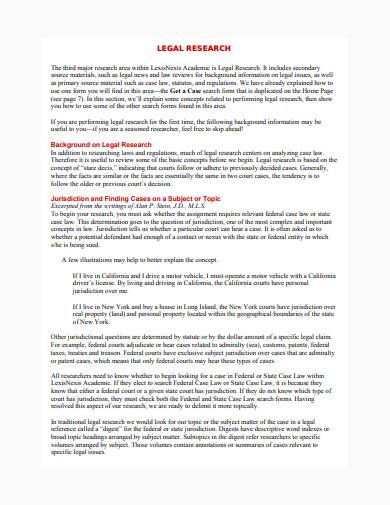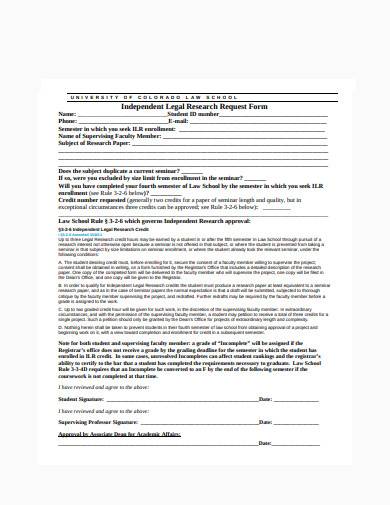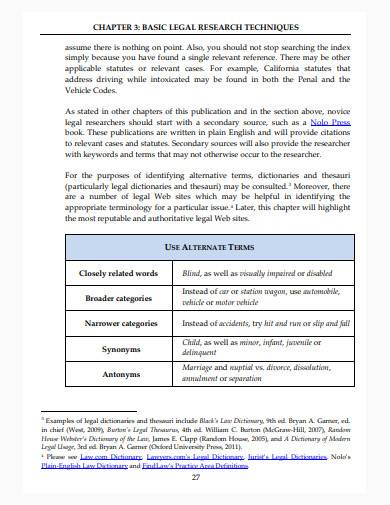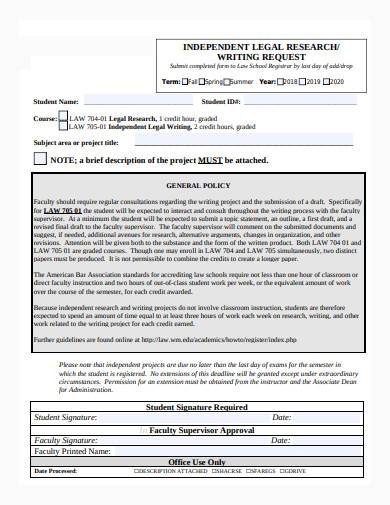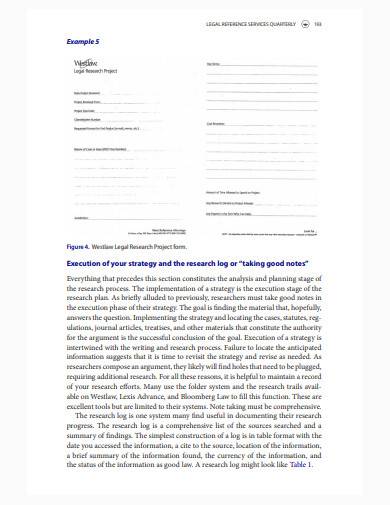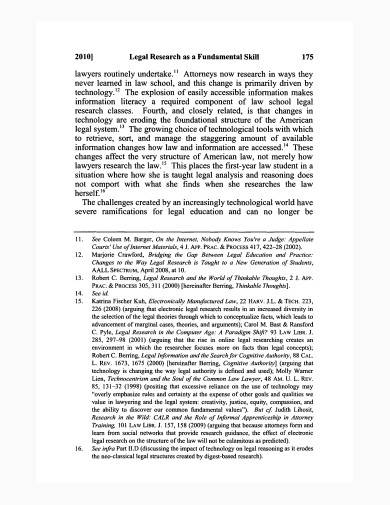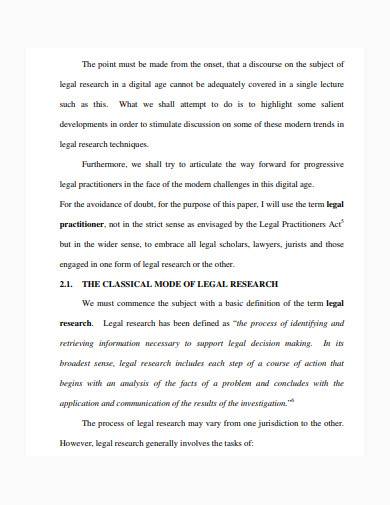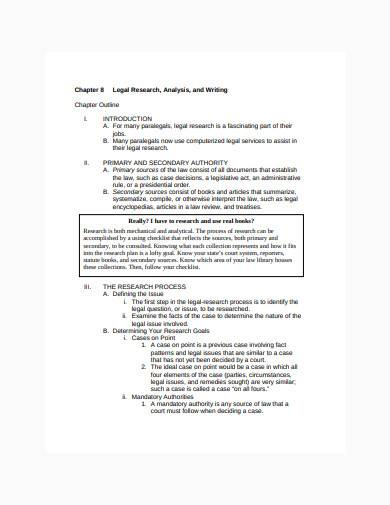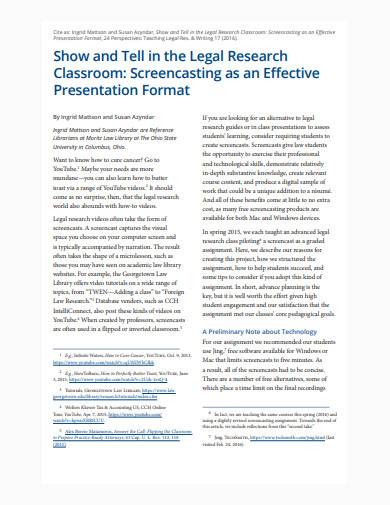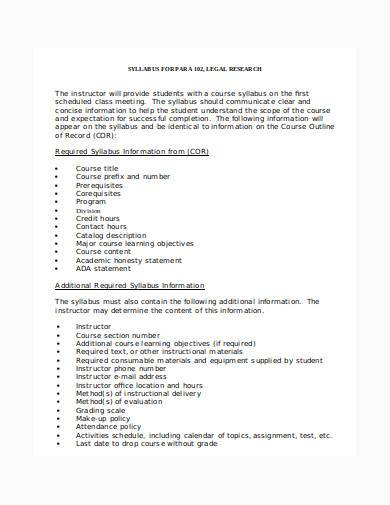There will always be times when a tough question gets thrown at you. It’ll leave you speechless and numb. The only thing you can do is look far and wide for the right answer. Although these questions are difficult, that doesn’t mean they are unanswerable. You just have to trust your gut and believe that you will find a way to answer them. This thought isn’t just philosophical; it is also applicable in real life. Why do you think people spend so much time on research? Finding answers is what feeds the curiosity of the daring human mind. In the court of law, research is also crucial in proving someone’s guilt or innocence. That’s why there are request forms called legal research form.
When matters are grave, there is no time for laid back and trivial answers. You need to be as serious as needed. This applies to legal questions. You have no time for playtime when facing a lawsuit. When asked a legal question, you need to provide answers that are truthful and straight to the point. That’s why you need legal research to help you out. But to start legal research, you must also have a request form. This document is what you call a legal research form. This form, like any legal form, contains certain things like checklists, annotations, and other factors that the case may need. Get this form, and then you can go on with your legal research.
Understanding Legal Research
No one should ever ignore legal issues. It would help if you faced them with great care and tact. Legal problems go hand in hand with legal questions, and to answer these questions, you need to conduct legal research. It is easy to believe that every lawsuit, appeal, and criminal case needs some sort of legal research. This research analysis is a method of finding documents to help fix any problem. Legal research can be very specific or abstract; some even describe it as unorthodox. This will help you find laws and legal precedents to support your case. By fully understanding the process of legal research, you get to prepare yourself for any legal question.
Primary Authority for Legal Research
The main goal of your legal research is to look for tools that can help you win your case. You need to look for reports and documents to support you. The materials you need are what you call primary authority. These are legal documents that contain information about the law. Here are some of the documents you can use for your legal research paper.
Statutes
One of the documents you need to obtain to call your legal research successful is a statute. A statute is a law that the legislature crafted. They have yearly board meetings to create these statutes. There is even a book where similar statutes are put together; you refer to them as codes.
Regulations
The legislatures aren’t the only ones that make laws; the executive branches do so as well. The executive branches refer to these laws as regulations. They get their basis on the legislature’s statutes. They are subject to whatever parameter the statute allows them. You need to understand regulations and statutes together since they work alongside each other.
Policy Material
Another document you need to have is the policy material. Although policy materials are not technically laws, they may influence them. These may include the operating manual used by the agency or an explanation as to why they made specific decisions. Writing down the operation manual and the explanation can help any reader understand the inner working of a given agency.
Case Law
Another document you can add to the list is case law. Case laws serve as the case report that judges make to explain their side as to why he made certain decisions. This is usually by a judge in an appellate court rather than a trial court. In writing case laws, judges elaborate on statutes and regulations they used as their reference for their decisions.
Court Rules
One last type of primary authority document you should get your hands on is court rules. This document are rules that dictate how to craft professional business with the courts. Studying these procedures can help lawyers see to it that every process during court proceedings is correct, and nothing is manipulated.
10+ Legal Research Form Samples in PDF | DOC
The best way to prepare for any legal questions is by conducting legal research. But before you can do that, you need to have a legal research form. To give you more insight into what these are, here are a few samples you can check out.
1. Legal Research Project Form Sample
2. Legal Research Form Template
3. Independent Legal Research Request Form Template
4. Basic Legal Research Techniques Sample
5. Independent Legal Research Form Template
6. Legal Research Plan Form
7. Legal Research Sample
8. Legal Research in PDF
9. Legal Research Analysis Template
10. Formal Legal Research Sample
11. Legal Research in DOC
Conducting Legal Research
Just like any other research paper, legal research also has a specific research methodology to follow. There are certain steps and legal research tips you need to go through to make the research useful. There are situations where you don’t have to follow them chronologically, but knowing the proper sequence does help.
1. Identify the Scope
The first thing you need to do is identify the scope of the question asked of you. Once you know the range of the problem, you then get to figure out the scope of work you are going to have to do.
2. Consult Secondary Sources
To get more insight on things regarding the law, you should try to look for secondary sources. These sources may not be from any legal agency, but they should give you some idea on how things go.
3. Identify Relevant Statutes
As discussed, one of the main documents you need to look for in legal research is a statute. You need to look for a reliable one and has annotations you can use for your case. Analysis documents about the statute can also help you.
4. Read Previous Cases
It would help if you also looked for cases with similarities to the one you are handling. Read through every case summary and see if the specifics apply to you. If the situation is similar to yours, try to find a way to make things in your favor.
5. Keep a Record
The last thing you need to remember is to keep track of every information you went through. If you find that there are gaps in your records, you can easily go online to fix these gaps and have a complete record.
Working in a courthouse can be such a bloodbath. The best you can do is prepare for the battle and make sure you have your armor ready.
Related Posts
How to Research Your Cause for Writing the Petition?
14+ Sample Research Proposals
10+ Delegation Letters
28 Research Paper Formats
7+ Sample Legal Memos
10+ Sample Case Report Templates
What Constitutes a Legal Contract?
6+ Sample Office Assisant Cover Letters
Narrative Statement
9+ Sample Legal Assistant Job Descriptions
Petition Template
10+ Sample Research Statements
Basics to Get Permission to Use Quote or Personal Statement
39+ Agreement Forms
FREE 10+ Statement of Facts Samples

